Are you a beginner in the world of credit cards? Navigating the ins and outs of building good credit can seem daunting at first. But fear not! In this guide, we’ll walk you through some common mistakes that beginners often make when it comes to credit cards. By avoiding these traps, you’ll be well on your way to establishing a solid credit history and achieving financial success. Let’s dive in and learn how to steer clear of these pitfalls while focusing on ‘Credit Card Mistakes for Beginners’ to build good credit effortlessly.
Credit cards can be a game-changer for your finances, from snagging travel rewards to streamlining monthly bills.
But let’s face it, swiping that plastic can be tempting, and it’s easy to fall into some common traps. Before you know it, you might be racking up debt or missing out on valuable rewards.
Credit Card Mistakes for Beginners: Your Guide to Building Good Credit
In recent couple of years, many beginners have found themselves facing credit card challenges. With the increasing accessibility of credit, it’s easy to fall into traps that can lead to financial trouble.
However, armed with the right knowledge, you can avoid these pitfalls and set yourself on a path to financial success.
In this news blog, we’ll uncover the common “Credit Card Mistakes for Beginners” make with credit cards and provide actionable tips for building good credit.
Stay tuned as we shed light on this important topic!
Common Credit Card Mistakes Beginners Make
Let’s discuss the credit card mistakes that newbies often make.
1. ATM Withdrawals: A Cash Advance Pitfall
While credit cards are widely accepted these days, you might still find yourself needing cash abroad. The convenience of using your credit card at an ATM comes with two hidden charges: transaction fees and sky-high cash advance APRs.
These fees can easily eat into your travel budget, and the interest rates on cash advances are much higher than regular purchases.
Top Tip: Plan ahead and research your destination’s ATM situation. If possible, bring a debit card with low or no foreign transaction fees.
2. Minimum Payments: A Debt Spiral in Disguise
The minimum payment on your credit card statement might seem manageable, but it’s a trap. Paying only the minimum keeps you in debt for a longer period, racking up interest charges that can snowball over time.
This also hurts your credit score, as a high credit utilization ratio (the amount of credit you’re using compared to your limit) is a major factor in determining your creditworthiness.
Smart Move to make Best credit card habits: Make it a habit to pay your credit card bill in full each month. If you can’t swing the full amount due to a large purchase, consider a 0% introductory APR offer on a balance transfer card to give yourself some breathing room. Just be sure to have a plan to repay the balance before the introductory period ends!
3. Rewards Obsession vs. Debt Repayment
Credit card rewards programs can be tempting, offering points, miles, and cash back for your spending. But don’t let the allure of rewards overshadow your financial goals.
If you’re carrying a balance and paying interest, you’re losing money in the long run, even with rewards points.
Strategic Play: Focus on paying down debt first. Once you’re debt-free, you can reap the benefits of rewards programs without the burden of interest charges.
4. Keeping Tabs on Your Transactions: Fight Fraud
Credit card fraud is a real concern, and with online shopping becoming increasingly common, it’s more important than ever to monitor your accounts closely. Most banks offer mobile apps that allow you to easily check your transaction history.
Be Proactive: Get into the habit of checking your credit card activity regularly, at least once a week. This way, you can quickly identify any suspicious charges and report them to your bank immediately.
By following these tips and avoiding these common credit card mistakes, you can transform your credit card into a valuable tool that helps you build your credit score, manage your finances, and even earn rewards for your spending.
Best Credit Card Habits for Building Credit Score
Using credit cards can be a breeze, but using them wisely is key! Here are some simple tips to get you started on the right foot:
- Be On Time, Every Time: Pay your credit card bills in full and on time each month. This shows lenders you’re responsible with money, which helps your credit score.
- Don’t Max Out: Keep your credit card balances low. Aim to use less than 30% of your credit limit. This shows you’re not living paycheck to paycheck and makes it easier to get approved for future loans.
- Apply Wisely: Don’t go on a credit card application spree! Every application can lower your score a bit. Only apply for new credit when you truly need it.
- Check Your Credit Report: Keep an eye on your credit report for mistakes. Errors can hurt your score, so fix them as soon as you spot them.
- Start Secure: If you’re new to credit, consider a secured credit card. You put down a deposit that becomes your spending limit. It’s a safe way to build credit without overspending.
By following these easy tips, you’ll be well on your way to becoming a credit card pro! Remember, using credit responsibly is the key to building a good credit score, which unlocks better financial opportunities in the future.
⋙ Read More: 9 Ways to Boost Your Credit Score Fast
How to Avoid Credit Card Debt for Beginners
Financial experts at TheCardPedia recommend these following tips to help you avoid credit card debt, especially if you’re new to using them
- Spend within your means to avoid accumulating credit card debt. Only charge what you can afford to pay off each month.
- Pay your credit card balance in full and on time to avoid accruing interest charges. Late payments can also damage your credit score.
- Create a budget and track your expenses to better manage your finances. Knowing where your money is going can help prevent overspending.
- Avoid relying on credit cards for everyday purchases. Use cash or debit cards for smaller transactions whenever possible.
- If you find yourself struggling with credit card debt, seek help from a financial advisor or credit counseling service to create a plan for repayment.
⋙ Read More: How to Pay off Student Loan Debt Quickly in the USA
At TheCardPedia.com, we’re your trusted guide to mastering credit cards. Explore expert insights, trends, and tips to make savvy financial choices. Start your journey to financial empowerment now!



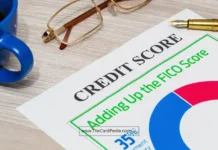
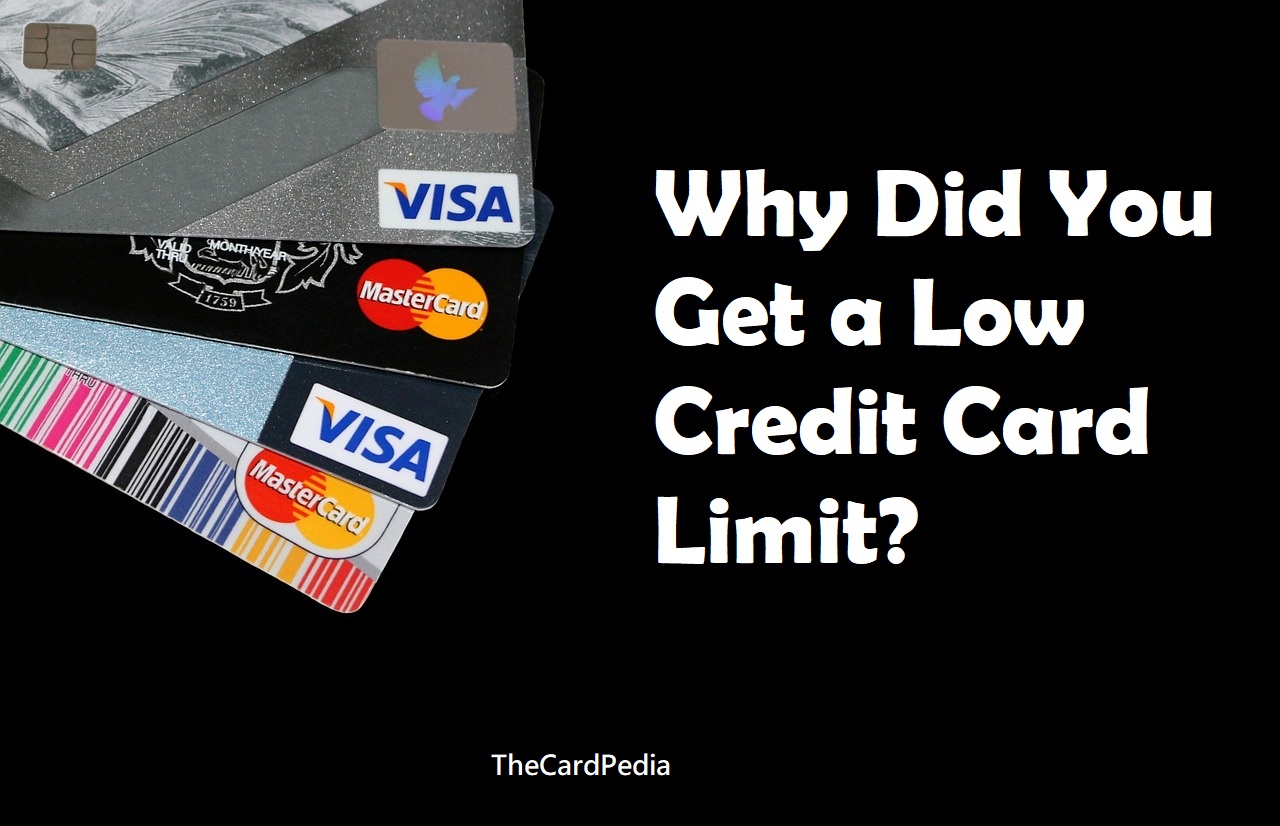
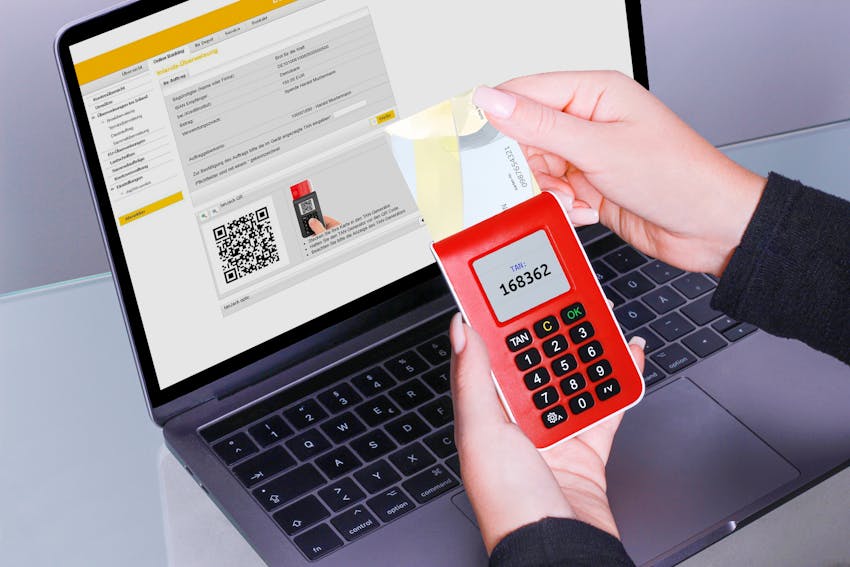



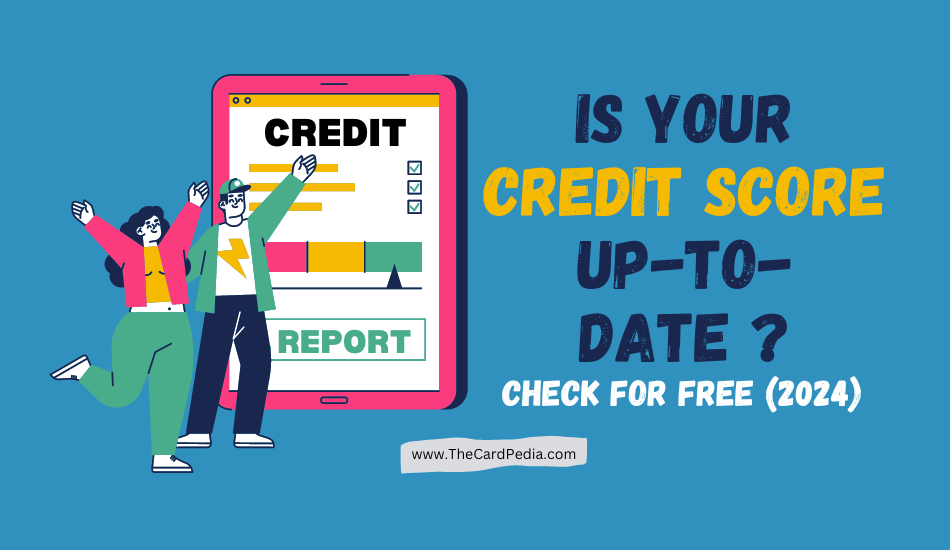
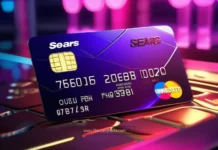



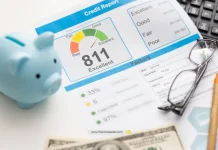
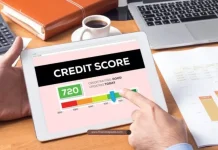
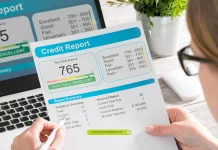







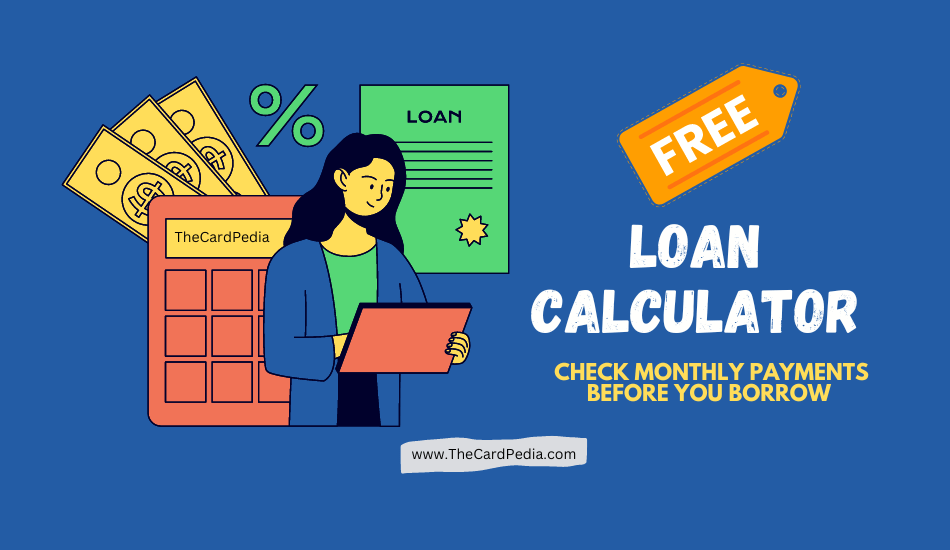


[…] Credit Card Mistakes for Beginners […]
[…] Credit Card Mistakes for Beginners […]
[…] A loan calculator empowers you to make informed borrowing decisions. By providing clear insights into monthly payments, it helps you manage your finances effectively, whether you’re planning a new loan or managing existing debt. […]